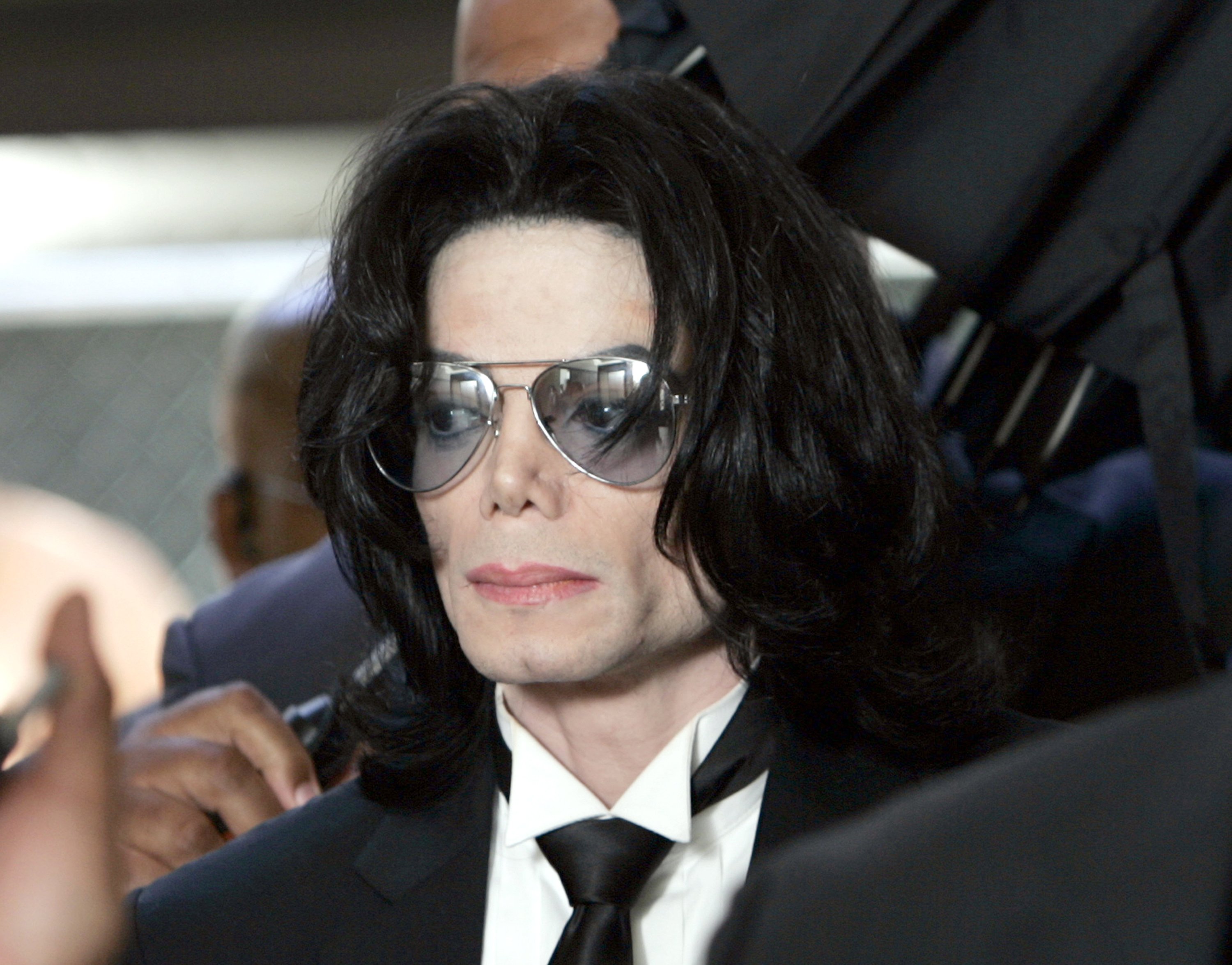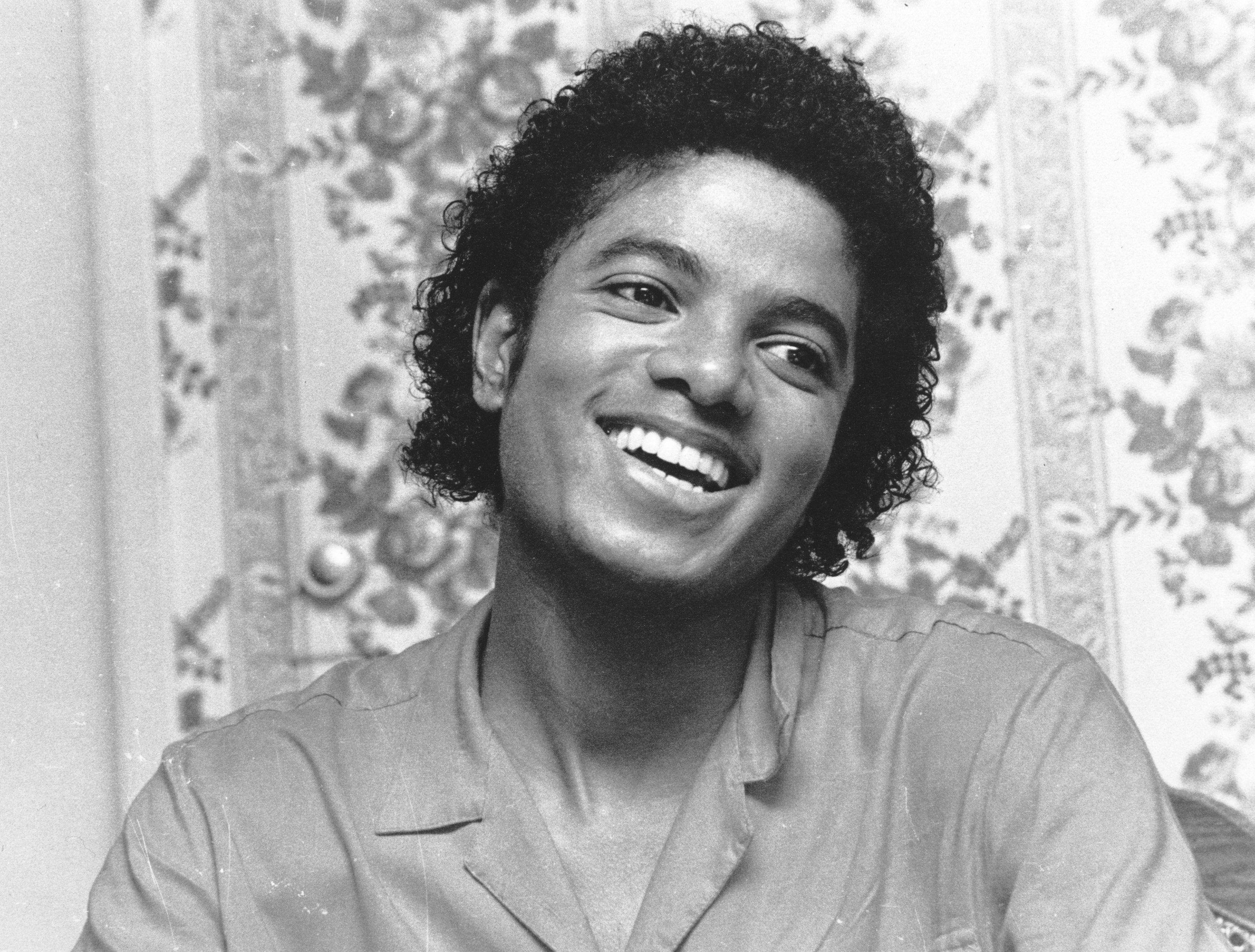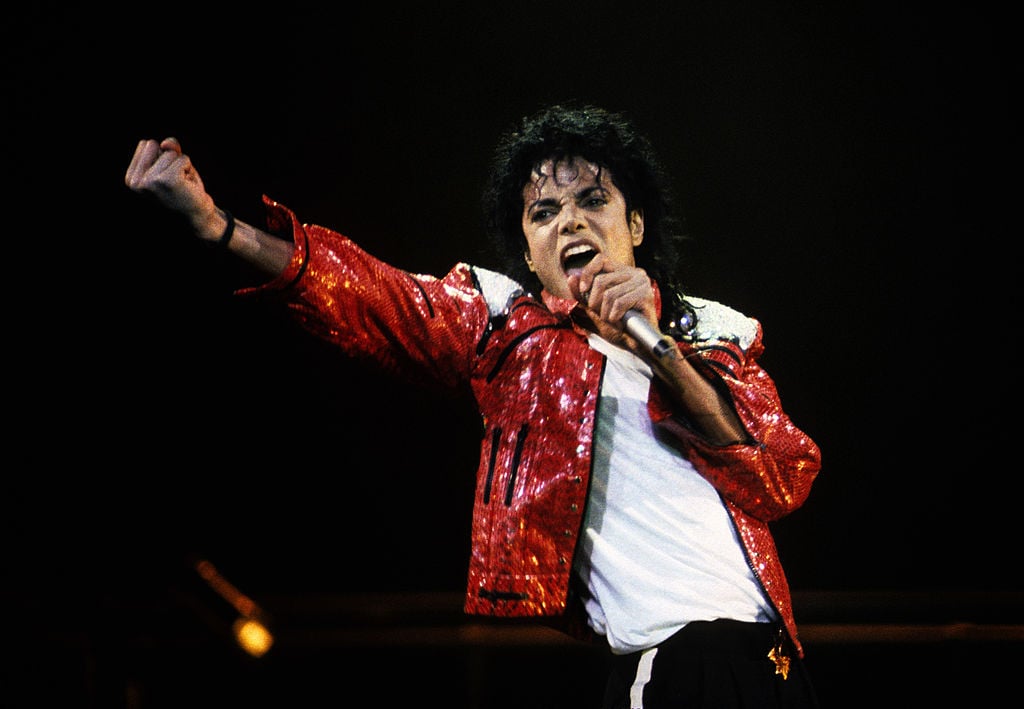Michael Jackson’s Skin Condition Rumors Were Finally Put to Rest in His Autopsy
Prior to his unexpected death at age 50, rumors swirled around pop sensation Michael Jackson for a number of reasons. Not the least of which was whether or not he had a medical condition that turned his skin white. At Jackson‘s autopsy, those rumors were finally put to rest.
Before the rumors started
A world-famous performer from the tender age of six, Jackson packed a lot of music into his all too brief lifetime. With older brothers Tito, Jermaine, Marlon, and Jackie, the baby-faced youngster achieved international stardom with catchy pop tunes such as “ABC,” “I Want You Back,” and “The Love You Save.”
Although Jackson’s brothers were talented, it was the youngest member of the Jackson Five who garnered the lion’s share of the public ear along with the hearts and dollars of American teenagers. He was also the sibling about whom the most rumors were whispered.
While performing and recording with the Jackson Five, an adolescent Michael Jackson suffered severe acne breakouts but showed no signs of the discoloring skin disease that troubled him later in life. Nor was any unusual skin condition evident when he recorded his single, “Ben.”
By the time he went into the studio to record the Thriller album, however, the 24-year old Jackson was starting to notice odd changes in his skin color.
During a 1993 interview with Oprah Winfrey, Jackson attempted to allay rumors that he was bleaching his skin in an effort to look more Caucasian. Jackson did not reveal the name of the disease that caused drastic disparities in skin tone on his hands but told Winfrey that rumors that he was dissatisfied with his own race pained him deeply.
“I have a skin disorder that destroys the pigmentation of the skin,” said Jackson. “It’s something I cannot help. When people make up stories that I don’t like who I am, it hurts me.”
Some believed him, some did not

Jackson’s explanation as to why his skin color changed was met with both empathy and skepticism from a public that had been wondering (and whispering) about the singer’s drastic change in appearance for several years.
Some, especially those who suffer from the same disfiguring skin malady, completely believed him. Others, including his long-time friend and mentor, Quincy Jones, discounted Jackson’s claim.
When asked by Vulture magazine what was most understood about the “Gotta Be Starting Something” singer, Jones replied: “I used to kill him about the plastic surgery, man. He’d always justify it and say it was because of some disease he had. Bullsh*t.”
The real reason Michael Jackson’s skin turned white

Ten years prior to Jackson’s candid interview with Winfrey, Jackson’s personal dermatologist, Arnold Klein, observed symptoms of vitiligo on the singer’s hands and body, reported The Washington Post. The self-proclaimed King of Pop may be the most famous person to publicly disclose their vitiligo, although the condition is diagnosed in thousands of people every year.
Doctors at the University of Massachusetts Vitiligo Clinic and Research Center say that Jackson was good at covering up his vitiligo and that he undoubtedly treated the disfiguring condition with the prescription de-pigmenting cream, Benoquin. Conrad Murray (the disgraced doctor who served two years of a four-year sentence for the death of Michael Jackson) admitted that he applied the bleaching cream to the singer’s body every evening.
By the time he perished in 2009, Jackson’s once chocolate-brown skin was shockingly white. Shortly after his death, CNN revealed that Jackson’s corpse was “lily-white from head to toe” and that his paper-white skin was “as white as a tee-shirt.”
Michael Jackson’s autopsy revealed the truth

While examining Jackson’s body at Ronald Reagan Medical Center in Los Angeles, Dr. Christopher Rogers noted “some areas of the skin appear light and others appear dark” and were indeed consistent with vitiligo.
Vitiligo, explains Mayo Clinic, is a non-contagious malady that causes pigment cells to malfunction or die. It’s not fatal, but vitiligo can cause great embarrassment to persons who have it. In Jackson’s case, mortifying rumors suggested that he was changing his skin color on purpose. In the end, it turned out the King of Pop was telling the truth about his skin condition all along.


